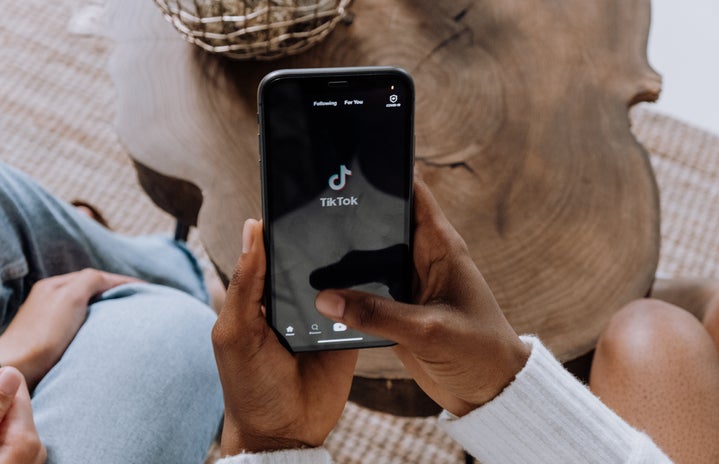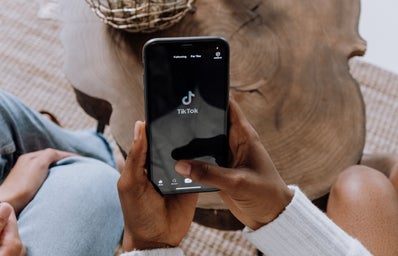Sunday marked the end of National Eating Disorder Awareness week, with this year’s theme of “Every Body Has a Seat at the Table.” NEDA week has helped so many people towards recovery because it is dedicated to informing others about the several eating disorders that exist. For many struggling with an eating disorder, the week can be overwhelming because it is so hard to reach out for help. However, it is important to break the stigma and give people the necessary information to better their relationship with food. Let’s talk about some of the week’s highlights on social media and how we can better our daily life to support those with an eating disorder and help our relationship with food.
Social media was booming with infographics last week about NEDA. The official NEDA Instagram account posted information about their blogs, interviews, and resources. Influencers took part as well by sharing their stories, showing what their balanced diet consisted of, and encouraging others to seek support. Their app was helpful in keeping information non-triggering and more geared towards recovery content. Unsurprisingly, TikTok has become a popular site for eating disorder awareness, but it also has some issues. Though many influencers who have dealt with eating disorders posted about #NEDAwareness, there were (and still are) multiple fitness and “wellness” accounts posting content that can be triggering to those struggling with eating disorders. The app has turned into a more personal platform, so it was tough to keep all content positive.
Some people in eating disorder recovery tune the week out overall because it can be triggering. Quite often, people would post their eating disorder story during NEDA week and show photos of themselves that may do more harm than good. A lot of pro-recovery users take the week off of social media because of this—taking the week off means that they won’t inadvertently see anything that could set back their progress. However, some influencers noted that a positive change for this year was that this type of potentially harmful content was not shown as much as in previous years
Social media can be a dark place, so it is important to follow the right accounts and block out any content that is not helpful. There are several great accounts on both Instagram and TikTok that provide positive information and support regarding eating disorder recovery. There are also many informational accounts that post facts about eating disorders to help shed some light on the more scientific side of it all. You can find this content through hashtags like “#edrecovery” or “#recovery.”
Though it can have its bad moments, the week was a success in bringing awareness to eating disorders and unpacking the stigmas of eating disorders. There is so much complexity that goes into eating disorders and it is important to keep the internet and overall social media a safe place for those who need support. Social media can be a dark place, but with the help of advocates for recovery enough information can be posted so people will seek treatment or continue in their recovery journey without relapsing.
Eating disorder related resources:
https://www.nationaleatingdisorders.org/



